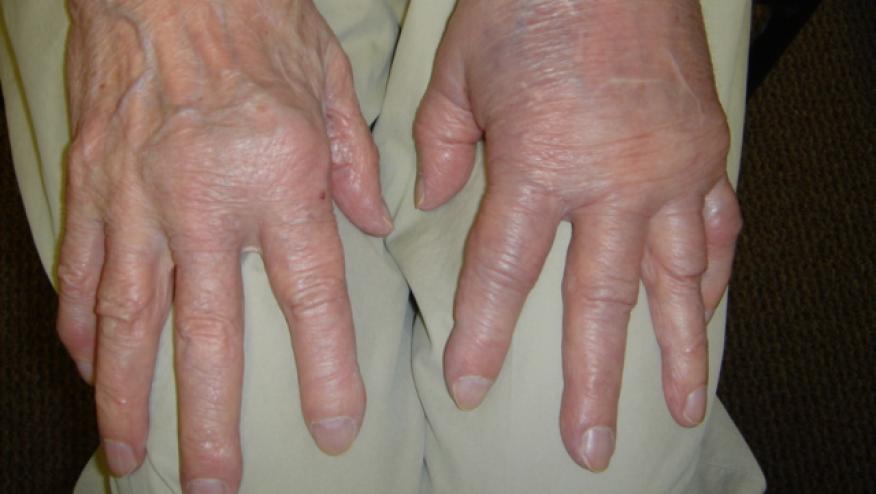ARCTIC Rewind: Can You Taper DMARDs with Remission? Save

In an open-label, randomized, non-inferiority trial, rheumatoid arthritis (RA) patients in remission were subject to tapering of disease-modifying antirheumatic drugs (DMARDs), and while maintenance of remission was seen in some, many DMARD tapering patients did flare and were unable to maintain flare-free survival compared to those on stable conventional synthetic DMARDs (csDMARDs).
In this 3-year non-inferiority study of csDMARD tapering, 160 adults in remission were randomized to either 1) continue stable csDMARD; 2) reduce to half-dose csDMARDs, or 3) half-dose csDMARDs for 1 year followed by csDMARD withdrawal. The primary endpoint was disease flare over 3 years. The non-inferiority margin of 20%.
A total of 160 RA patients were randomized to stable csDMARDs (n=80), half-dose csDMARDs (n=42), or half-dose csDMARDs tapering to withdrawal (n=38). 155 patients were included in the per-protocol analysis and 139 completed 3-years follow-up without major protocol violation.
At the end of the 3-year study, flare-free results were seen in:
- 80% stable-dose group
- 57% half-dose group
- 38% half-dose tapering to withdrawal group.
The results with the tapering regimens were beyond the non-inferiority margins for both the half-dose (23%) and withdrawal (40%) groups. Adverse events were similar between groups.
These data demonstrate there is a significant risk of flare when embarking upon a csDMARD tapering strategy and informs the prescriber as to the potential risk and benefits of different treatment strategies in RA management.
ADD THE FIRST COMMENT
Disclosures
The author has no conflicts of interest to disclose related to this subject










If you are a health practitioner, you may Login/Register to comment.
Due to the nature of these comment forums, only health practitioners are allowed to comment at this time.